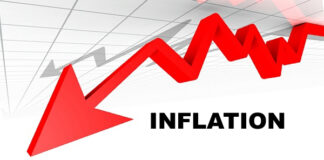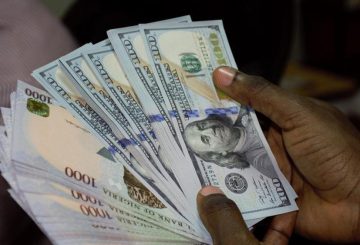Nigeria’s headline inflation rate dropped to 33.40% in July 2024, down from 34.19% in June 2024. This marks the first decrease in inflation since December 2022, when the rate last fell to 21.34%, offering a potential sign of relief for the nation’s struggling economy.
The data, released by the National Bureau of Statistics (NBS) through its Consumer Price Index (CPI) report for July 2024, highlights a 0.79 percentage point reduction in inflation compared to the previous month. While this decrease is a welcome development, the inflation rate remains significantly higher than it was a year ago. In July 2023, the inflation rate stood at 24.08%, indicating a substantial year-on-year increase of 9.32 percentage points.
Month-on-month, the inflation rate for July 2024 was recorded at 2.28%, showing a marginal decline from the 2.31% seen in June 2024. This subtle decrease suggests that while the pressures of inflation have slightly eased, the economy is still grappling with significant challenges that continue to impact the cost of living.
The reduction in the inflation rate, though modest, may signal the beginning of a stabilizing trend after months of rising prices that have strained household budgets across the country. However, economic experts caution that it is too early to declare a sustained improvement, as the underlying factors driving inflation—such as exchange rate volatility, supply chain disruptions, and rising fuel costs—remain persistent.
The NBS report will likely fuel further discussions on the effectiveness of current economic policies and the measures needed to ensure that this downward trend continues. For now, the slight easing in inflation provides a rare, albeit cautious, moment of optimism for Nigerians who have been grappling with the relentless rise in the cost of goods and services.





